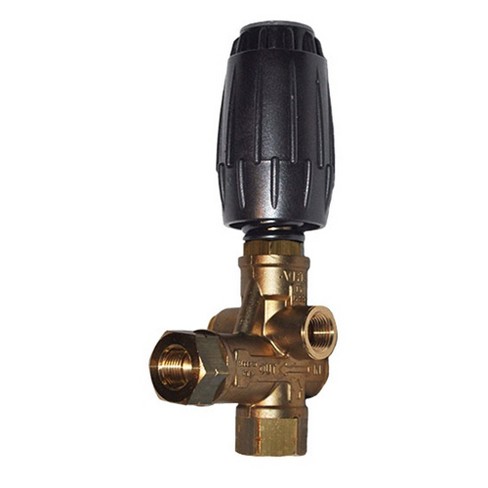Don’t spend hours learning about pressure washing. This 5 minute guide is all you need.
Pressure washing uses high powered water to remove unwanted material from walls, sidewalks, driveways, or gutters. The washers are powered by a motor that usually runs on gasoline or electricity. There are many types of pressure washing and often (incorrectly) used interchangeably. Here’s a quick guide to pressure washing.
What’s A Pressure Washing Machine?
Pressure washing is the use of a motor engine to compress water into a high-pressure stream to clean contaminants such as grime, dust, mud, mold, mildew, gum and soil (to name a few) from surfaces, structures, vehicles and other property. The volume of a mechanical pressure washer is expressed in gallons per minute (GPM). A higher GPM means more volume of water for more efficient cleaning and does not vary. The pressure, communicated in pounds per square inch, is the strength of the water leaving the pressure washer. This can be changed by modifying the unloader valve (pictured right). Machines may produce pressures from 750 to 30,000 psi (5 to 200 MPa) or sometimes more. The terms soft washing and power washing are also used, but are a bit different.
Types of Pressure Washing
There are many methods of pressure washing that vary based on temperature, GPM, and PSI. Here’s a quick run down of other types of pressure washing:
What is Power Washing?
The most often confused term with pressure washing. While at the core very similar, there is one glaring difference: The use of hot water as opposed to cold. Power washing incorporates a built in heater (most often diesel powered) to heat the water before expelling it from the wand. Power washing companies utilize hot water for tough to remove stains and contaminants such as oil, grease, etc. Power washing is usually much more efficient than pressure washing but the term isn’t as popular.
Soft Washing
Soft washing is the use of very lower pressure, similar to the “rain” setting on a shower head, but with a much higher use of chemicals. Most often soft washing is used for acid washing to brighten brick or aluminum, roof cleaning, and other high chemical applications.
Steam Washing
Steam Washing is the use of very hot water expelled as a steam to lift stains, grout, and other contaminants. You’ll find this usually with upholstery cleaning, awning cleaning, and other fabric cleaning services.
Pressure Washing Parts
Pressure washers were first built in the 1950s, and are predominantly used for exterior cleaning. Pressure Washers are comprise of four “parts”: An electric or gas engine, a water pump, a high pressure hose and a sprayer, which is generally in “trigger firearm” style – a long metal cylinder with a pressure sensitive handle. Most washers have connectors for a standard lawn hose, which provides the water supply. The pump gives a set measure of gallons per minute but can easily adjust the pressure sprayer.
Types of Nozzles
Nearly all pressure washing machines come with different nozzles which allow you to change the stream and force of the water. For instance, some are 30 degrees, 15 degrees, and 0 degree which changes how the water comes out- either in a wide fan stream down to a straight line. The smaller the degree of nozzle, the stronger it comes out. However, that comes at a cost: less surface area. Regardless of the nozzle, water pressure close to the tip of the is still sufficient to strip away skin, so care must be taken with any pressure washing. You can read more about pressure washing safety here.
Types of Fuel
Electric units max out at 2000 PSI (pounds per square inch) of pressure from a greenhouse hose, while gasoline or diesel units offer twice as much and more.
Conclusion
While Pressure Washing Machines might seem a bit scary at first, do not worry. With proper safety and knowledge anyone can grab a machine and get to work. However that doesn’t mean you should hire anyone to pressure wash your business.

